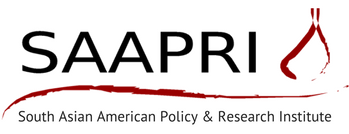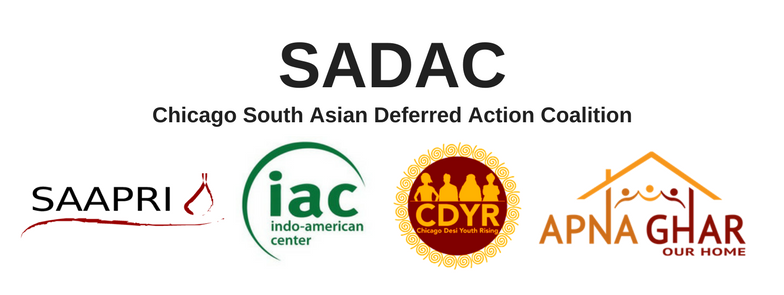INACTION BY COURTS & CONGRESS TO PROTECT IMMIGRANT FAMILIES MUST BE COUNTERED WITH COMMUNITY ACTIVISM AND ELECTORAL ENGAGEMENT
Chicago, IL – As a result of a deadlocked U.S. Supreme Court, vital immigration relief for millions of immigrant families remains blocked, underscoring the need for unrelenting community activism and electoral engagement.
United States v. Texas is a politically charged lawsuit considering the legality of executive actions on immigration proposed by President Obama in November 2014. These initiatives are: expanded Deferred Action for Childhood Arrivals (DACA+) and Deferred Action for Parents of Americans and Lawful Permanent Residents (DAPA). DACA+ would eliminate the 31-year-old age ceiling to applying and increase DACA grants to last three years instead of two. DAPA would provide temporary relief from deportation and eligibility for work documentation to parents of American citizens or lawful permanent residents. These initiatives were a response by President Obama to years of pressure and activism by the public demanding relief for all undocumented people in the face of inaction by Congress to pass comprehensive immigration reform.
Yesterday, the U.S. Supreme Court handed down a tied (4-4) vote in United States v. Texas, effectively blocking President Barack Obama’s immigration executive actions (DACA+ and DAPA) from taking effect. It is important to remember that the original DACA program that was established in 2012 is still available and is not affected by the Supreme Court decision. Eligible undocumented immigrants can continue to apply for and renew DACA.
The Chicago SADAC, comprised of SAAPRI, Chicago Desi Youth Rising (CDYR), Apna Ghar, Inc., and Indo American Center (IAC), is saddened that the Supreme Court failed to uphold DACA+ and DAPA, lawful and constitutional executive actions taken by President Obama.
The U.S. Supreme Court deadlock means that countless American citizens will remain in fear of being separated from their families and the people whom they love. The Supreme Court had an opportunity to provide clarity and guidance for the nation. Instead, they have failed to act compounding Congress’s failure to pass meaningful immigration reform.
Reema Kapur, Executive Director of SAAPRI
As of 2015, there were 450,000 undocumented Indians alone in the United States. In Illinois, there are currently about 19,000 undocumented Indians, making them the second-largest undocumented immigrant group in the state. There is not much data on immigration for South Asian countries of origin other than India, but community organizations are working to change that.
It is more critical than ever for communities to push for comprehensive immigration reform in the future. Further, this deadlock shows the importance of holding the Senate accountable for restoring the Supreme Court to its full complement of nine justices as well as electing officials who represent and speak for vulnerable populations.
This unsatisfying outcome underscores the importance of a nine-member Supreme Court and the urgent necessity for Congress to take up immigration reform. I’m very disappointed by the outcome. We need to mobilize—every person who is disturbed by this decision needs to do everything they can to get out the vote. Our community, traditionally less involved in politics and less engaged, needs to become very active. There are several thousand South Asians who would have benefited from these programs.
Tejas Shah, immigration attorney at Franczek Radelet P.C. and the current co-chair of the South Asian Bar Association of North America (SABA) immigration committee
Immigrant communities and allies must continue the fight for common sense immigration policy to allow every member of our community to live in dignity and safety.

